But The Recycling Association – which represents a large number of UK paper recyclers – has warned that attempts to recycle the estimated 2.5 billion coffee cups thrown away in the UK each year could lead to greater instances of contamination in paper and cardboard streams.
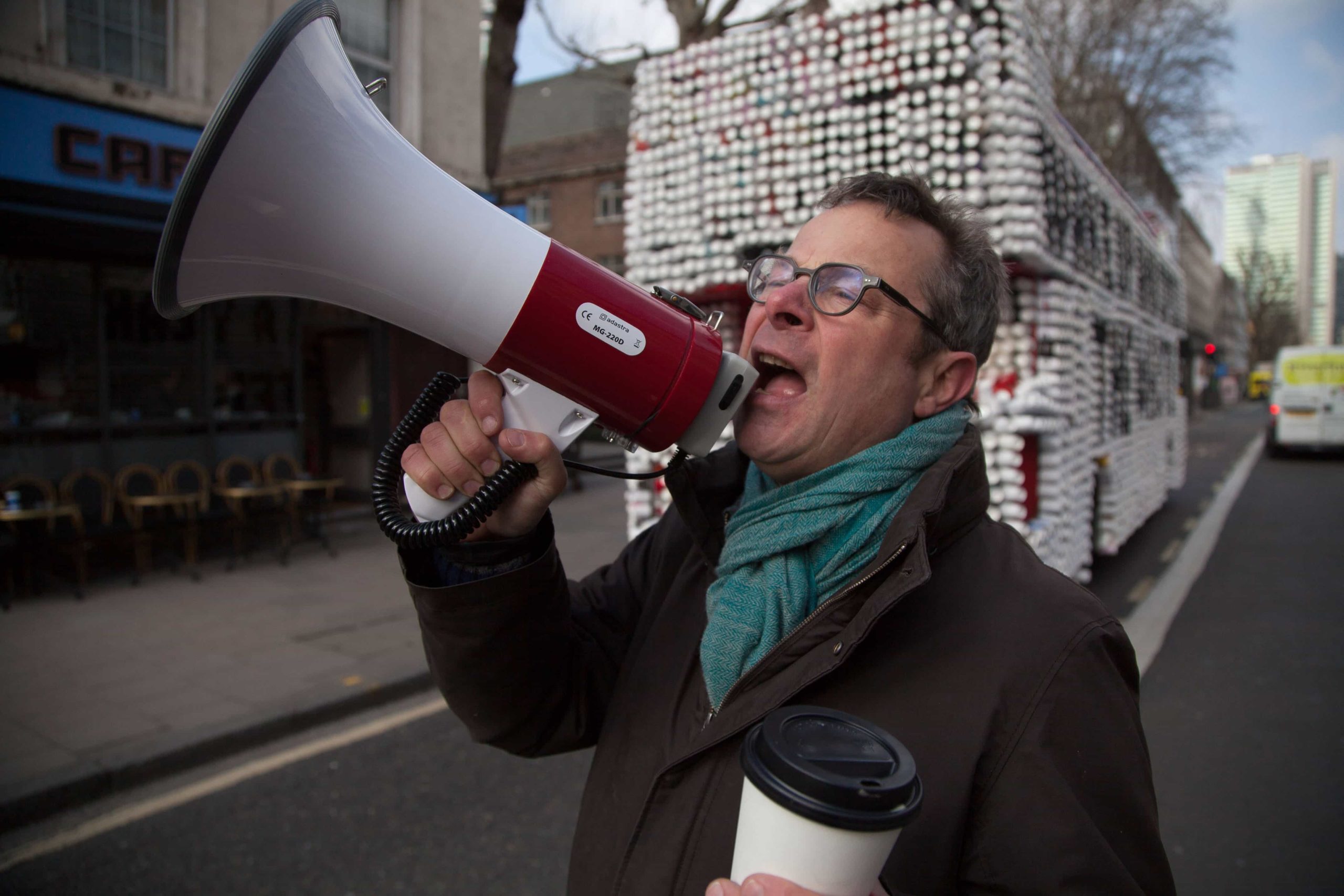
The views come as BBC One prepares to air the latest episode of Hugh Fearnley-Whittingstall’s ‘ War on Waste’ at 9pm – which will see the celebrity chef turn his focus on to the amount of takeaway coffee cups that end up either landfilled or incinerated.
The issue garnered widespread attention in March when Mr Fearnley-Whittingstall questioned the recyclability of the cups – leading to headlines that major coffee chains on UK high streets were misleading the public by claiming the cups could be recycled in the mixed paper stream.
Such was the outcry that the then resource minister Rory Stewart promised the government would “look at” disposable coffee cups as its next priority after plastic bags. His suggestions that the cups could be taxed were quickly rejected in a statement by Defra (see letsrecycle.com story).
Starbucks
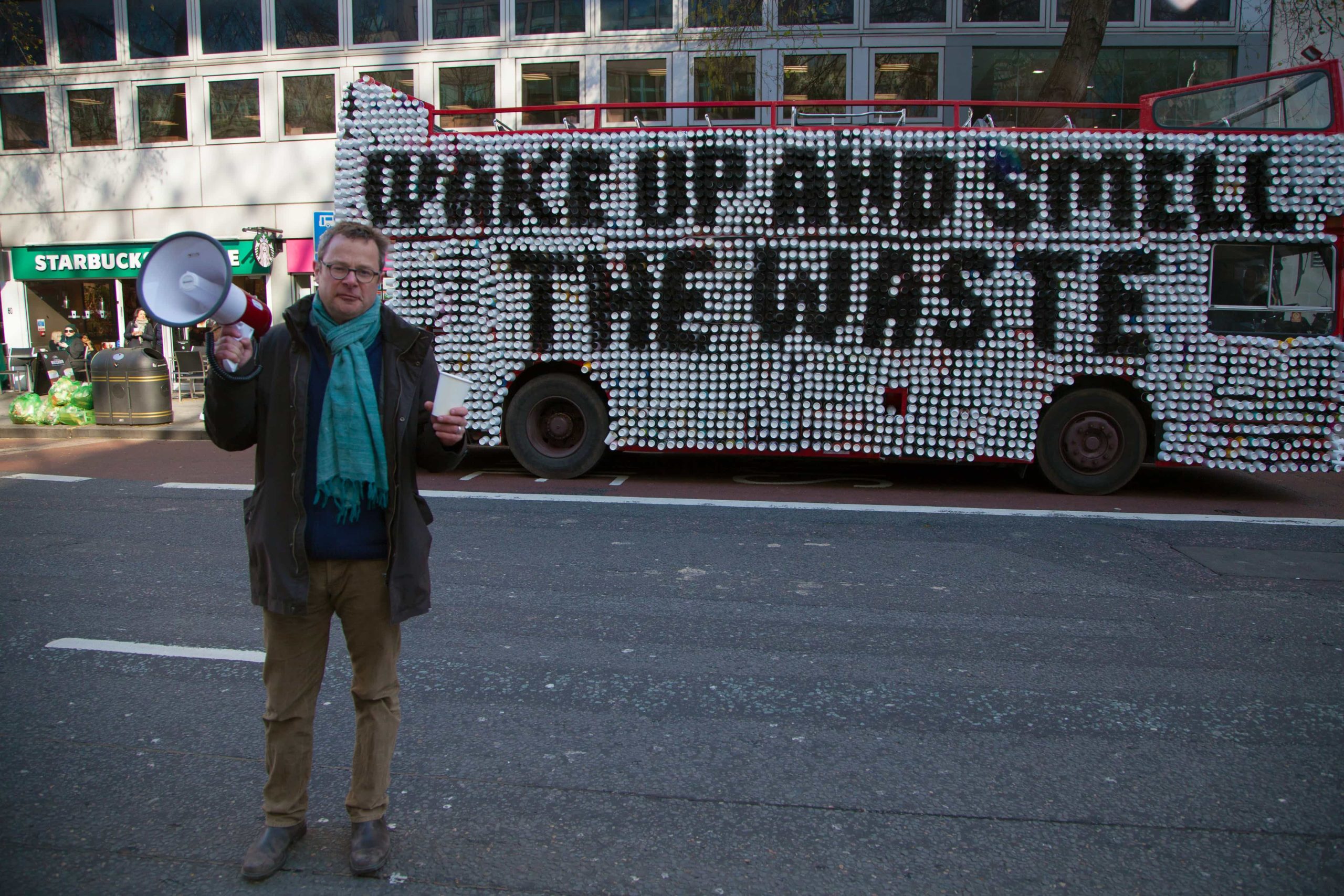
Tonight’s episode of the ‘War on Waste’ will see Mr Fearnley-Whittingstall grill coffee shop giants Starbucks, Costa and Caffe Nero over their cup recycling policies.
Veolia claims it is making it possible for more coffee cups to be recycled by working in partnership with its customers to ‘trial new solutions’. Two specialist facilities – James Cropper plc in Cumbria and ACE UK in Halifax – already process a small quantity of cups by using a warmed solution to separate polyethylene from paper fibre.
Richard Kirkman, technical director for Veolia UK and Ireland, said that once it has trialled its own solutions, it will be opening a new paper pulping facility that will be able to reprocess the material into products such as egg boxes and coffee cup holders.
He said: “One of the biggest challenge we’ve faced throughout this journey is cup contamination. This occurs when cups are mixed in with the general waste stream and get damaged, most frequently by food waste. However this new technology allows us to bypass this and create a new resource.”
Recycling Association
But the Recycling Association warns that people who watch tonight’s programme might assume the cups should be recycled in existing separate paper recycling bins and containers.
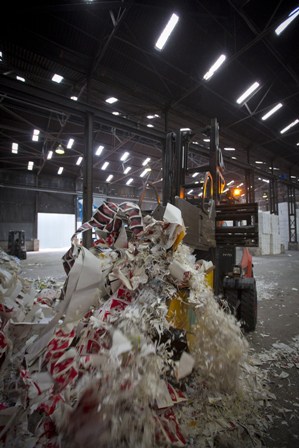
Simon Ellin, the association’s chief executive, said: “We need to be very careful that more recycling of cardboard coffee cups does not lead to more contamination of the rest of the paper recycling stream.
“By their nature, even these cups when emptied will contain residue of tea, coffee or hot chocolate, all of which will act as a contaminant if mixed with other types of cardboard, office paper or newspaper. Plus, the plastic lids may also get mixed in with other sources of paper requiring more sorting and impacting on quality.
“While Hugh’s attempts to encourage less waste are welcome, we need to be very careful that these efforts do not create adverse impacts on a sector where the quality of material supplied to end destinations at home and abroad is vital.”
INCPEN
Jane Bickerstaffe, director of the Industry Council for research on Packaging & the Environment (INCPEN) goes a step further by arguing the energy, water, haulage and sorting costs of recycling the volumes of disposable cups would not in itself be economically or environmentally sustainable.
“We should focus on easily recycled large items and leave small dirty ones to be treated with residual waste where at least 20% will be used to generate energy which will reduce the UK’s reliance on imported energy,” she said.





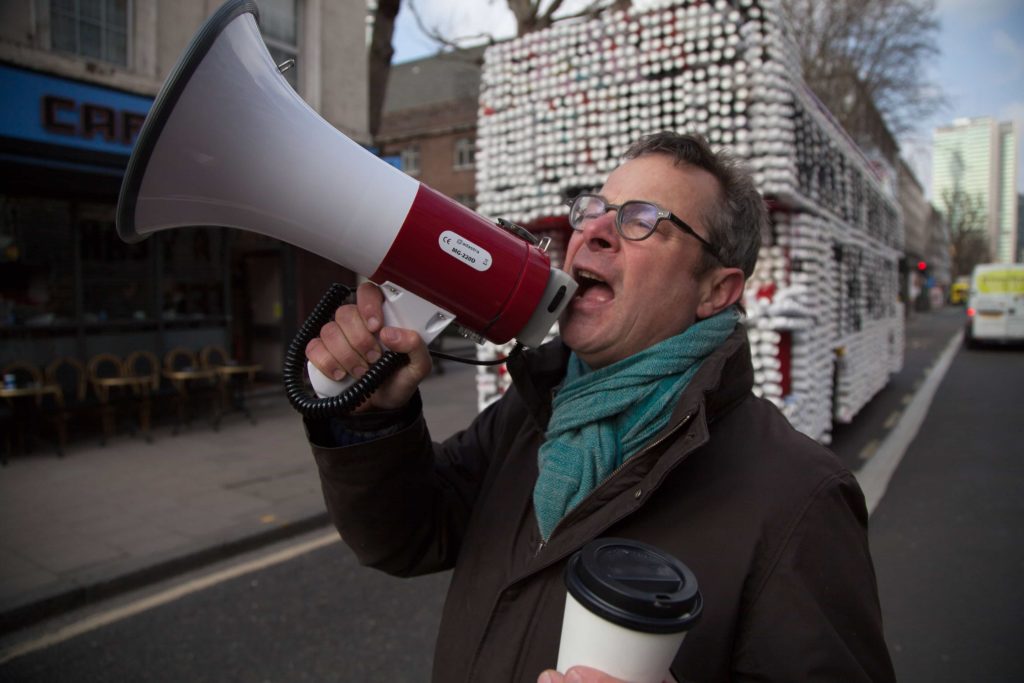
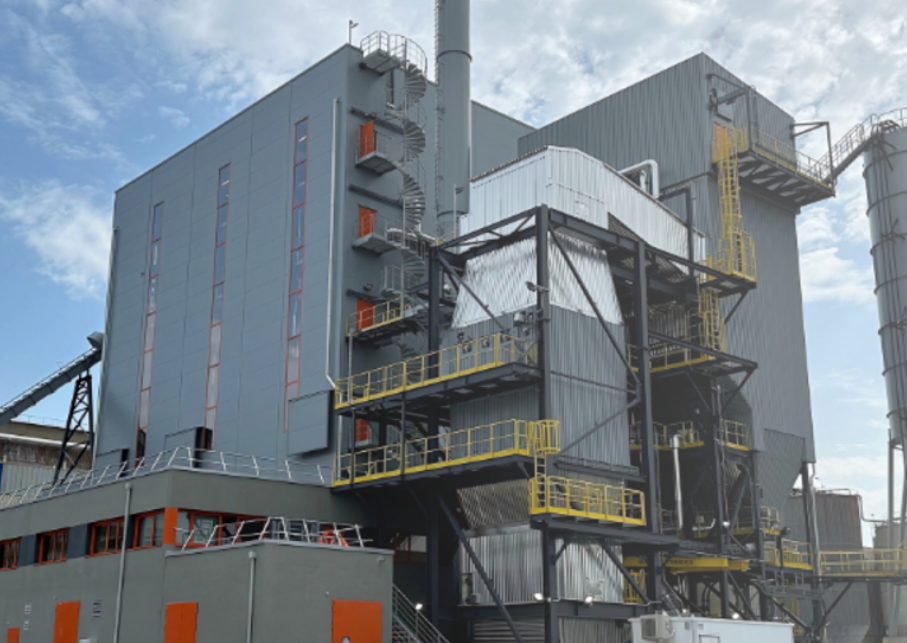

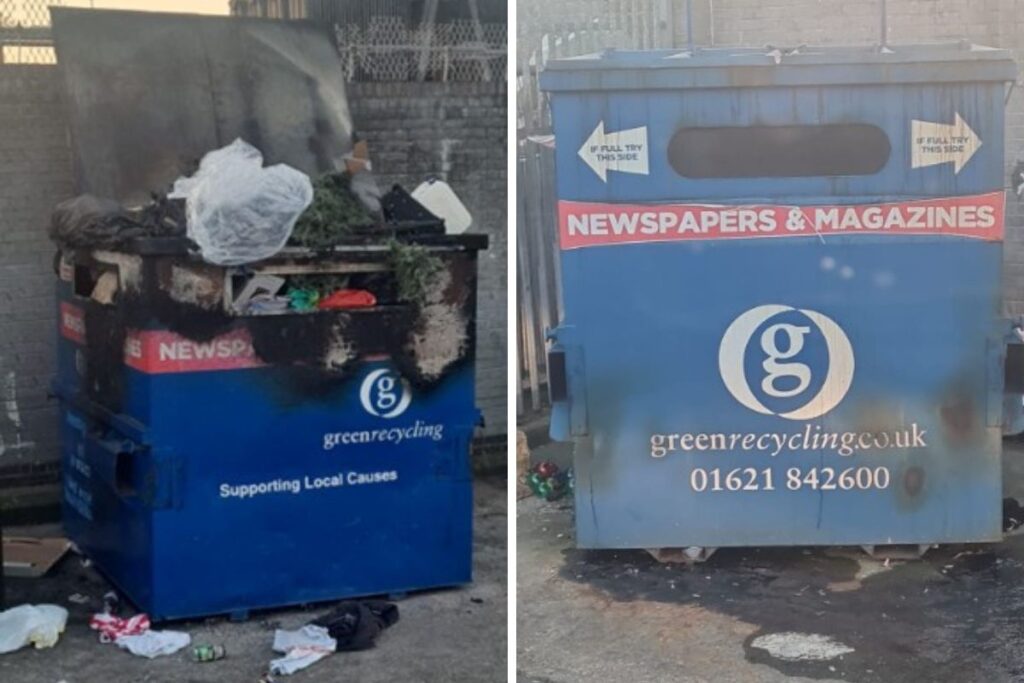

Reduction in waste is extremely important, a DEFRA report states paper cups represent 0.09% of household waste, we could have a negative impact trying to gather up used paper cups, trundling waste across the country side to fulfill Hugh’s dream. Let’s put a message on the paper cup, encouraging reusable cups, this would have more of a positive environmental impact than recycling.
INCPEN said “We should focus on easily recycled large items and leave small dirty ones to be treated with residual waste where at least 20% will be used to generate energy which will reduce the UK’s reliance on imported energy,”
I was surprised and a little saddened at the negative response from recyclers and industry spokespeople quoted in the Letsrecycle.com article on the BBC raising the issue of non-recyclable coffee cups. Instead of welcoming the focus on increasing recycling they adopted a conservative “don’t rock the boat” approach. The BBC programme left egg on their faces by identifying a potential new design of cup with a plastic sleeve cup liner that appeared relatively straightforward to separate from the cardboard outer. I hope that a more welcoming and progressive approach to people supporting improvements in recycling will be adopted in future.
I agree with the previous posting. And the Recycling Association is quite wrong to suggest this proramme will cause people to put these cups in the paper recycling stream. I wonder of they actually watched the programme? Hugh made it very clear that the cups in question were marked with the recycling symbol, so people would assume they are recyclable and act accordingly – also born out by asking the public. He then showed paper and card recycling bins with the cups in them, and pointed out the consequent contamination issue in some detail. So if anything this will make people realise that, somewhat scandalously, these cups should be put into general waste. There is a clear attitude problem here from the firms mentioned, covered by PR rather than addressing the issue. Yes, this is a very small part by weight of the particular waste stream, but it has sufficient contamination potential to fail much larger batches than the cups themselves, as well, like plastic bags, being a very visible litter problem. Good to see waste issues on prime time TV.
If people could take 5 minutes to drink their coffee inside the cafe then there would be no need for paper cups. If you really need to drink on the go then simply purchase a reusable cup. The consumer drives the demand.